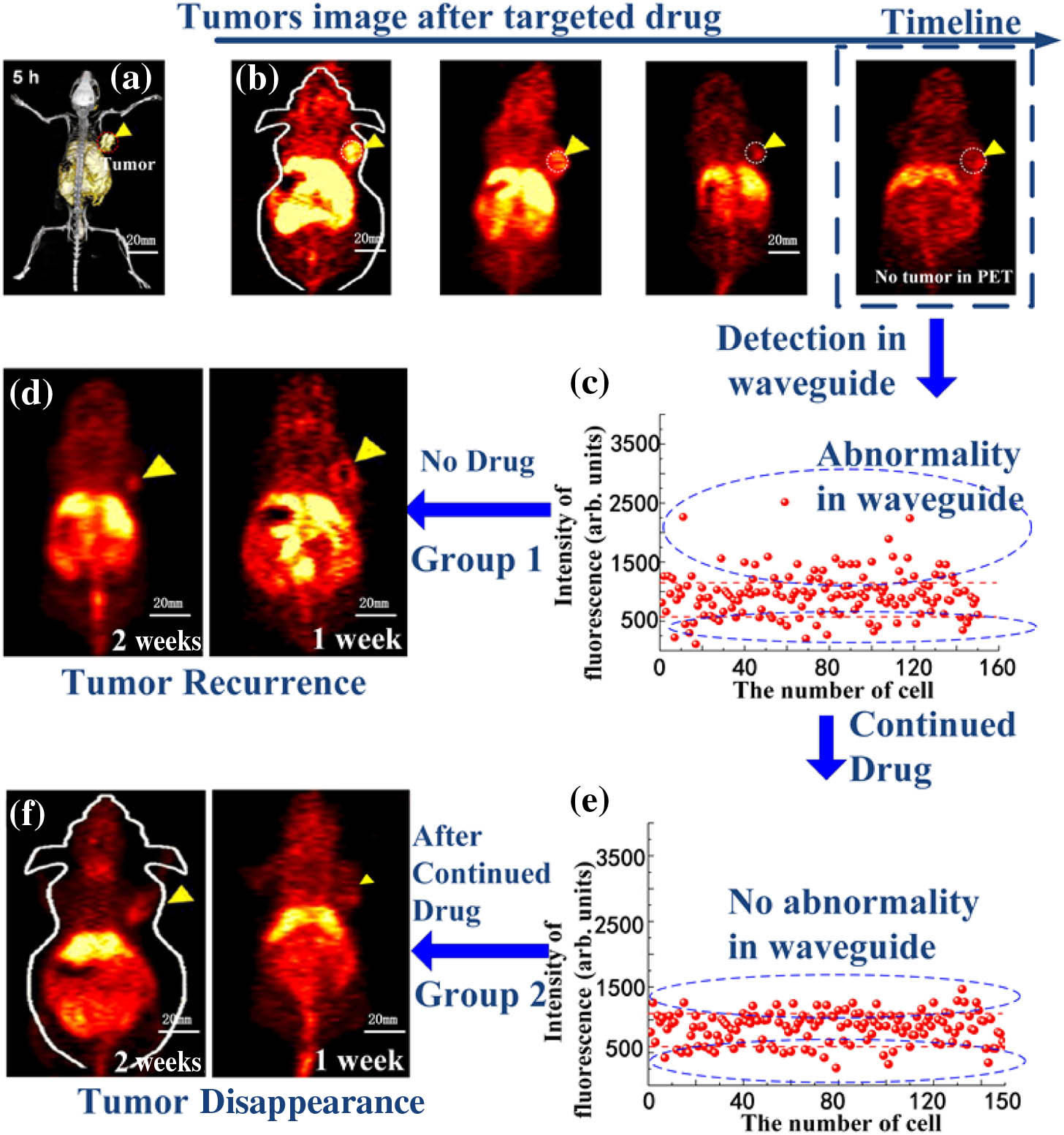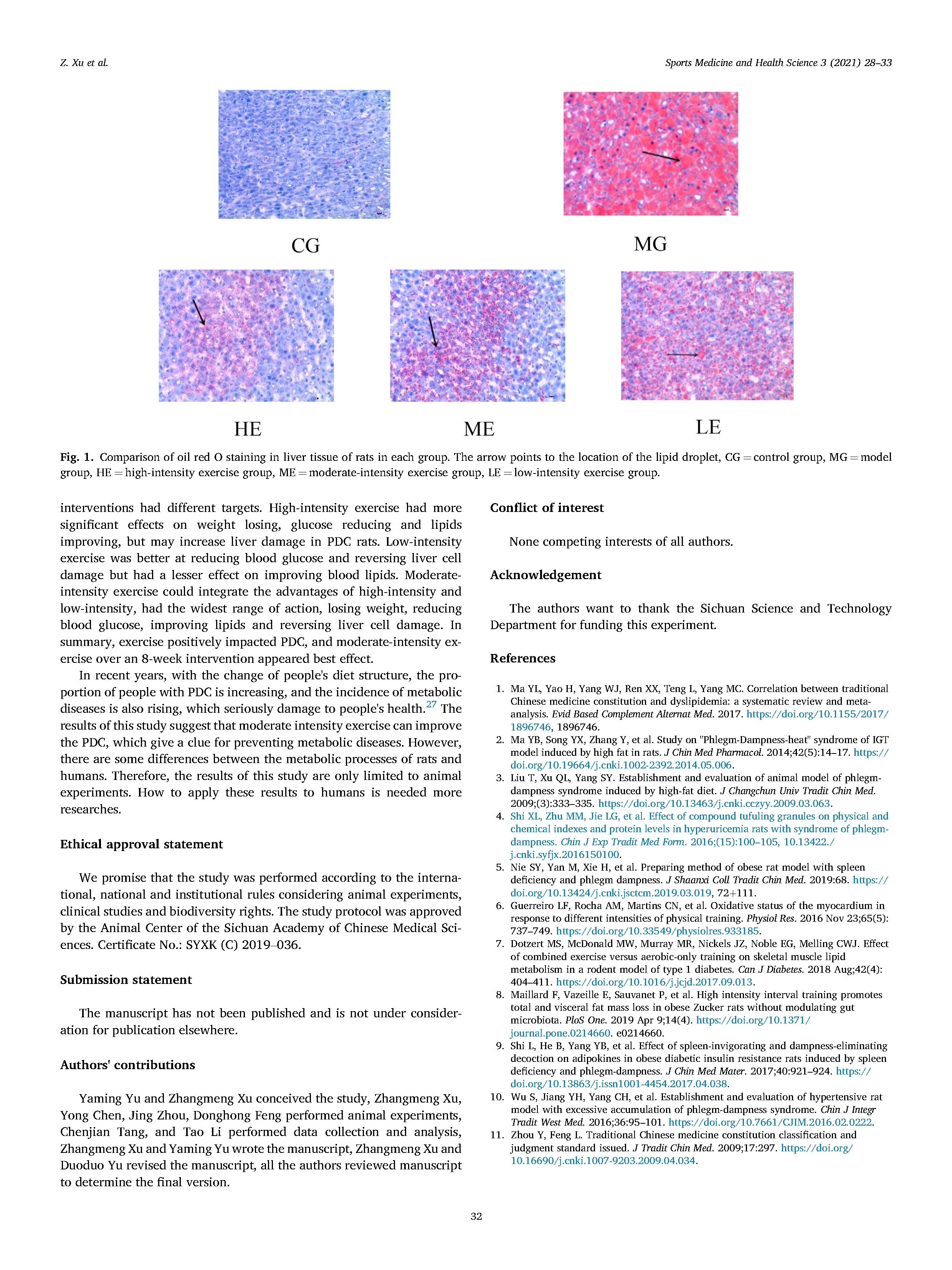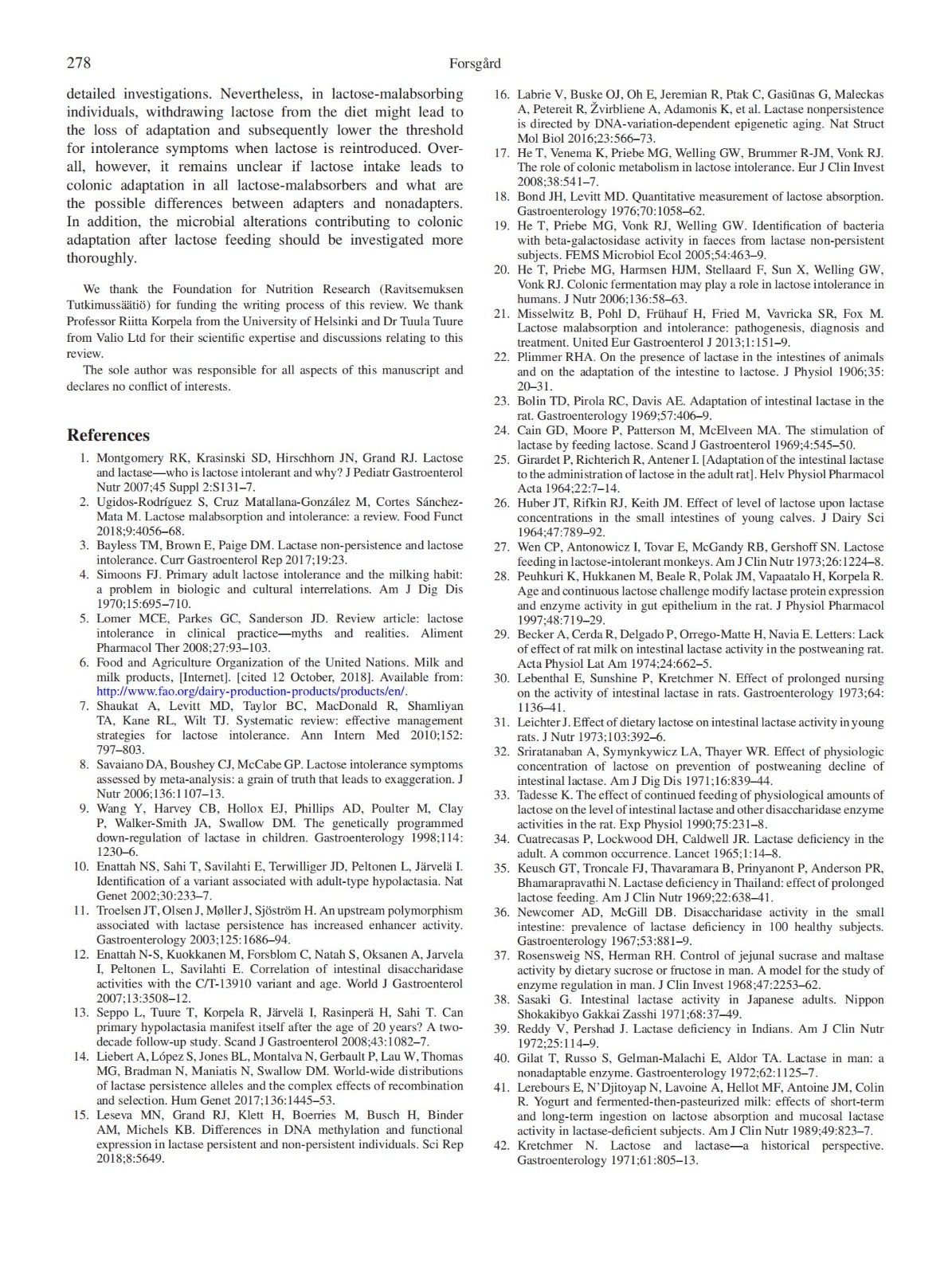Pet Scan for Rectal Cancer: Understanding the Role of PET Imaging in Diagnosing and Managing Rectal Tumors
Guide or Summary:What is a PET Scan?How Does a PET Scan Work in Rectal Cancer?Advantages of Using a PET Scan for Rectal CancerLimitations and Considerations……
Guide or Summary:
- What is a PET Scan?
- How Does a PET Scan Work in Rectal Cancer?
- Advantages of Using a PET Scan for Rectal Cancer
- Limitations and Considerations
Rectal cancer, a distressing and potentially life-threatening condition, demands early and accurate diagnosis for effective treatment. With advancements in medical imaging technology, positron emission tomography (PET) scans have emerged as a pivotal tool in the management of rectal cancer. This article delves into the significance of PET scans for rectal cancer, exploring their role in diagnosis, staging, treatment planning, and post-treatment surveillance.
What is a PET Scan?
Before discussing its application in rectal cancer, it's essential to understand what a PET scan is. A PET scan is a nuclear imaging technique that uses a radioactive substance called a tracer to map metabolic processes within the body. This imaging modality provides detailed information about the physiological and functional status of tissues, making it an invaluable diagnostic tool.
How Does a PET Scan Work in Rectal Cancer?
During a PET scan, a small amount of the radioactive tracer is injected into the patient's bloodstream. As the tracer circulates through the body, it is absorbed by cells that are actively dividing or metabolically active. In the case of rectal cancer, these cells are often cancerous cells that are rapidly growing and consuming glucose.

The PET scanner then detects the radiation emitted by the tracer as it decays, creating a detailed image of the body's metabolic activity. This image can highlight areas of increased metabolic activity, which is a strong indicator of cancerous tissue. In rectal cancer, a PET scan can reveal the extent of the tumor, the presence of lymph node involvement, and the potential spread of cancer to other parts of the body.
Advantages of Using a PET Scan for Rectal Cancer
One of the primary advantages of using a PET scan for rectal cancer is its ability to provide a comprehensive view of the disease. Unlike traditional imaging techniques such as X-rays or CT scans, which primarily assess anatomical structures, PET scans offer insights into the functional and metabolic characteristics of tissues. This makes PET scans particularly useful for detecting early-stage cancers and assessing the aggressiveness of tumors.
PET scans also play a crucial role in the staging of rectal cancer. Staging is the process of determining the extent of cancer within the body, which is essential for planning effective treatment. By providing detailed information about the tumor's size, location, and metastatic spread, PET scans enable oncologists to develop personalized treatment plans tailored to the specific needs of each patient.

Moreover, PET scans are invaluable for monitoring the response to treatment and detecting recurrence. During and after treatment, PET scans can help assess the effectiveness of therapy and identify areas of residual or recurrent disease. This timely information is crucial for making informed decisions about further treatment options and adjusting the treatment plan as needed.
Limitations and Considerations
While PET scans offer numerous benefits, they are not without limitations. One primary limitation is the cost associated with the procedure. PET scans are relatively expensive, which can be a barrier for some patients. Additionally, the use of ionizing radiation in PET scans raises concerns about potential long-term effects on patients, although the overall radiation dose is relatively low compared to other imaging modalities.
Furthermore, PET scans may not always provide definitive results, especially in cases where the tumor is small or metabolically inactive. In such cases, other imaging techniques or biopsy may be necessary to confirm the diagnosis.

In conclusion, PET scans have become an indispensable tool in the management of rectal cancer. By providing detailed information about the metabolic and functional characteristics of tumors, PET scans enable accurate diagnosis, effective treatment planning, and comprehensive surveillance. While there are limitations to consider, the benefits of using PET scans in rectal cancer make it a valuable addition to the diagnostic arsenal of oncologists. As technology continues to evolve, PET scans are likely to play an even more significant role in the fight against rectal cancer.